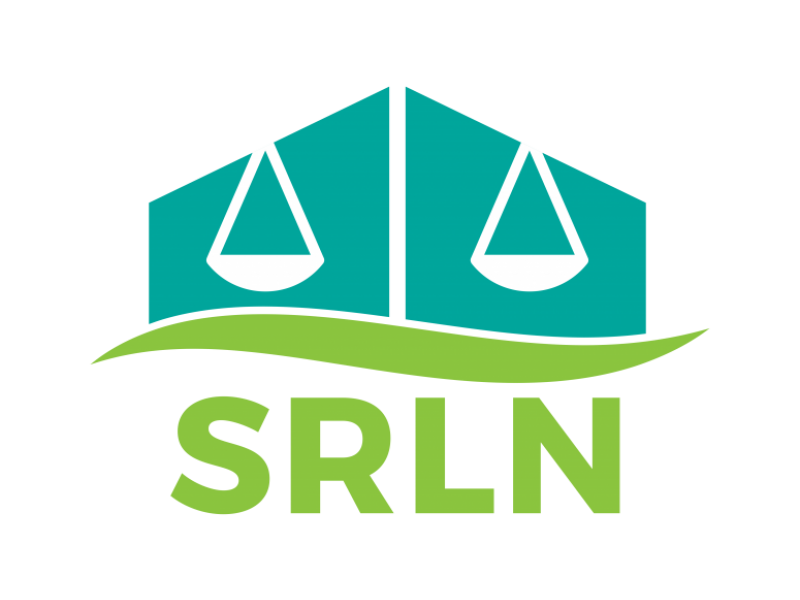
Document Author(s):
Year Published:
Region:
Curriculum: Access to Justice for the Self Represented (SRLN & NCSC 2013)
The following modules are designed to assist judges in handling cases involving self-represented litigants (SRLs). They contain tools and techniques for judges to operate their courtrooms effectively, comply with the law, maintain neutrality, and increase access to justice while overseeing cases involving SRLs.
These modules are based on the Self-Represented Litigation Network (SRLN) Judicial Curricula which were prepared for the November 2007 conference Access to Justice for the Self-Represented at Harvard Law School. The original curricula, developed by National Center for State Courts (NCSC), the American Judicature Society, and the National Judicial College with funding from the State Justice Institute, are available on our Conference: Harvard Judicial Leadership Conference (SRLN 2007) page. The modules below were prepared by the National Center for State Courts’ Center on Court Access to Justice for All with funding from the Public Welfare Foundation.
A series of video tutorials from the original curriculum is also available and can be made accessible to judges by request -- for more information, please contact us at [email protected].
Introduction to the Curriculum
Module A. Judges, Ethics and the Self-Represented – The Law Today
This module reviews the law governing the judicial role in managing cases involving self-represented litigants (SRLs).
Module A. Guide
Module A. Materials
Module B. Making the Courtroom Work – a Quick Techniques Overview
This module looks at ten key techniques that can be used as tools by judges to ensure that SRLs are able to present their case.
Module B. Guide
Module B. Materials
Module C. Starting the Self-Represented Case – Setting the Right Foundation in the Courtroom
This module covers the critical steps for judges and court staff to set the stage and focus litigant expectations at the start of every hearing.
Module C. Guide
Module C. Materials
Module D. Getting Facts in Self-Represented Cases – Approaches and Techniques
This module examines techniques for getting to the facts in self-represented cases. By providing a roadmap that breaks the hearing into basic segments and explaining the purpose of judicial questioning, the judge ensures that litigants are able to follow the process.
Module D. Guide
Module D. Materials
Module E. The Decision and Beyond – Barriers, Decision and Preparation
This module focuses on how to apply the “engaged neutrality” approach to the section of the hearing in which the decision is reached.
Module E. Guide
Module E. Materials